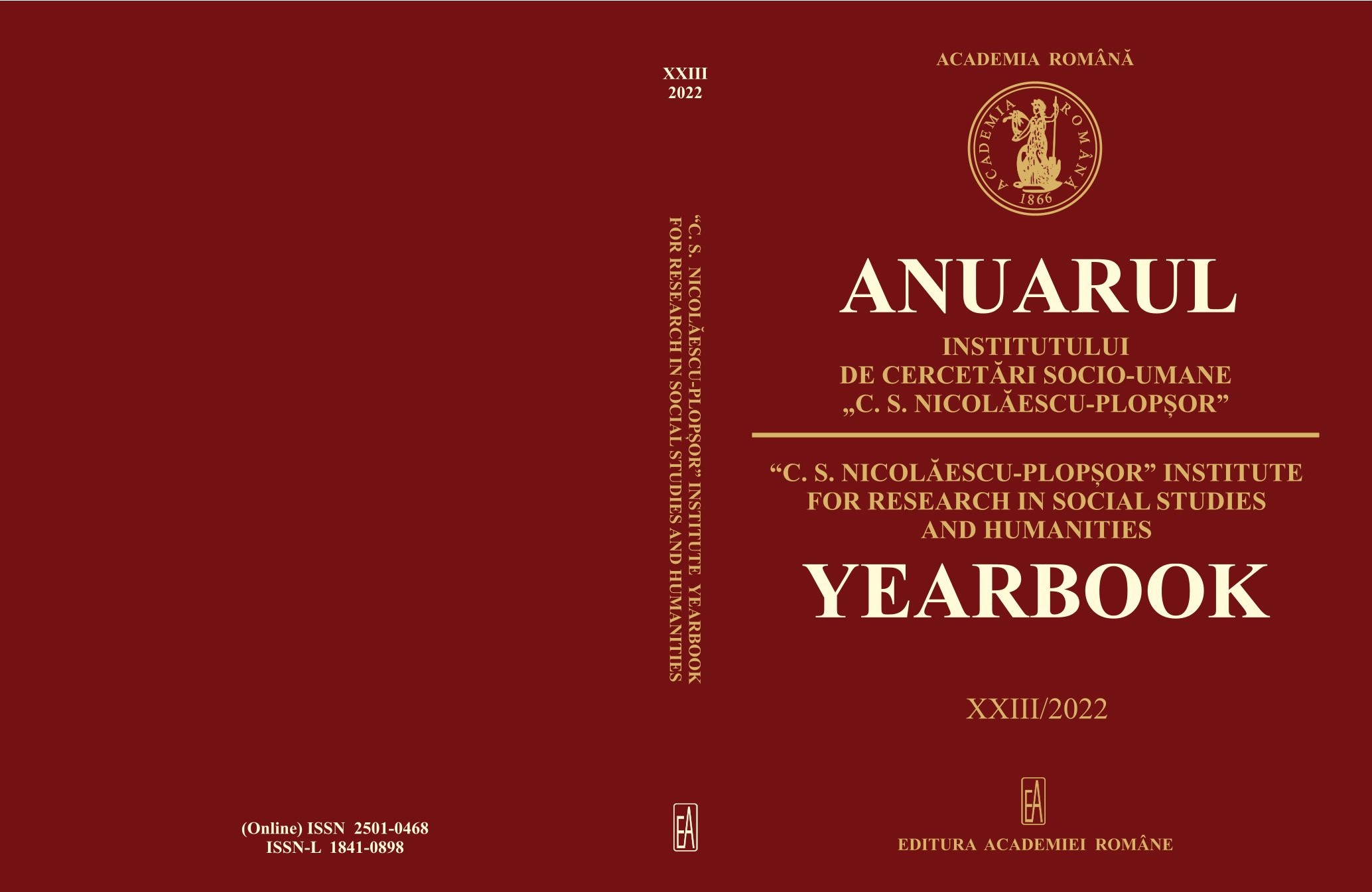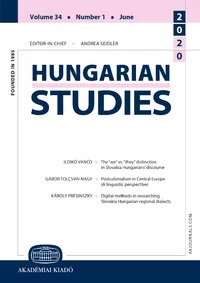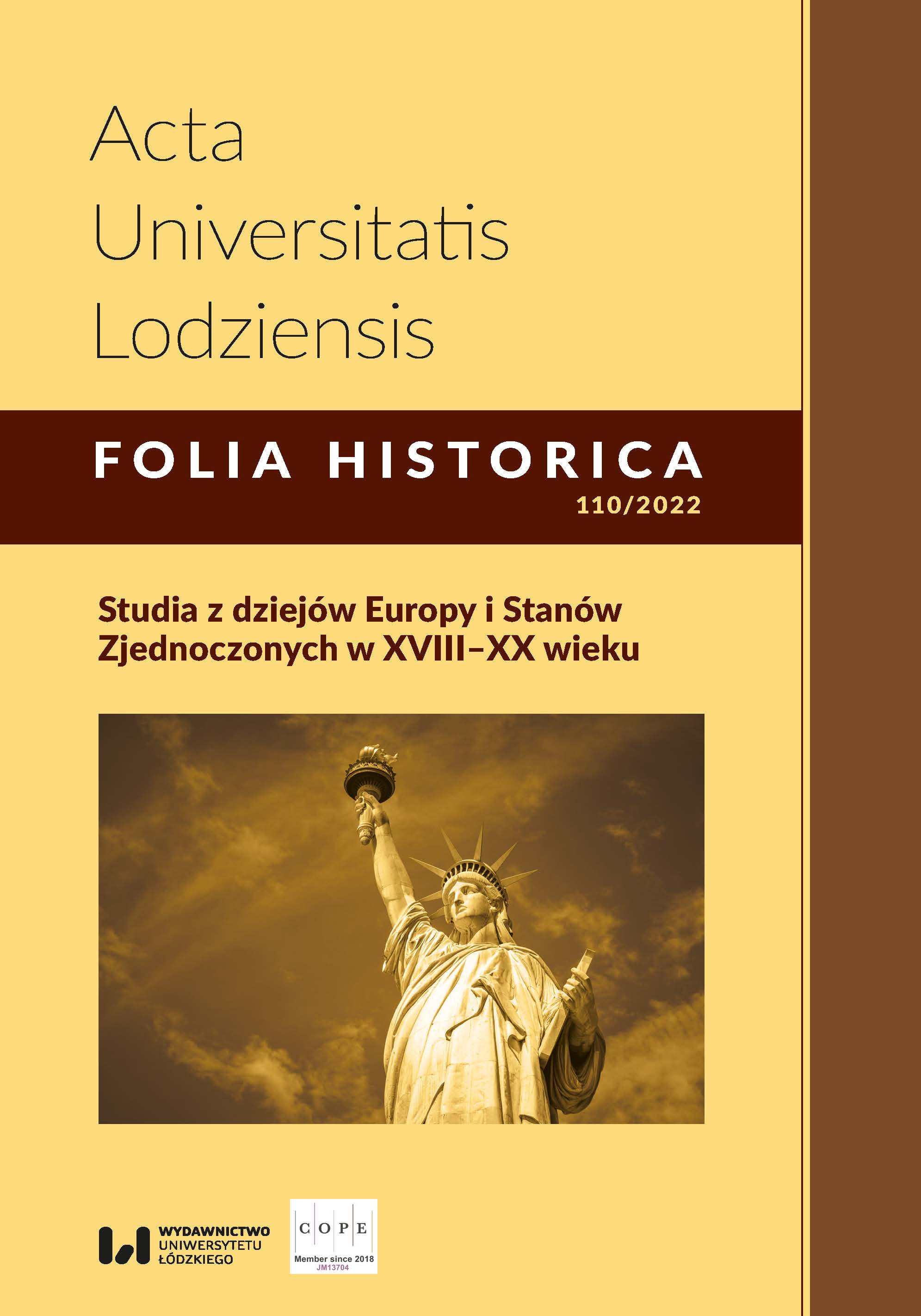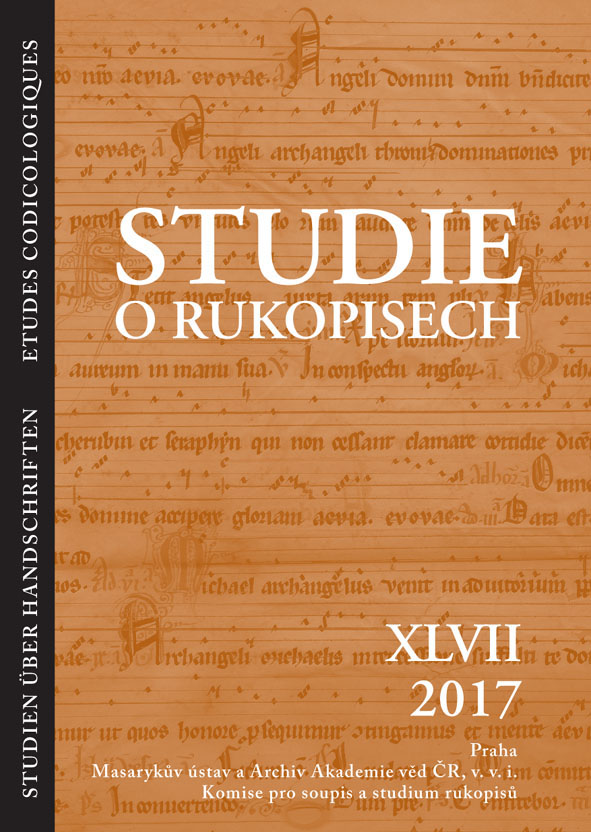
Lukáš Bernard Schneider a jeho kronikářská činnost
The study examines chronicles from the second half of the 18th century written by the České Budějovice master baker Lukas Bernard Schneider. In addition to the Schneider Chronicle recounting the history of the town between 1253 and 1768, attention is paid to its copies. The external and internal attributes of the manuscripts have been analysed and the filiation and comparison of Schneider’s Chronicles with other chronicles produced by České Budějovice burghers during the early modern age have been carried out.
More...
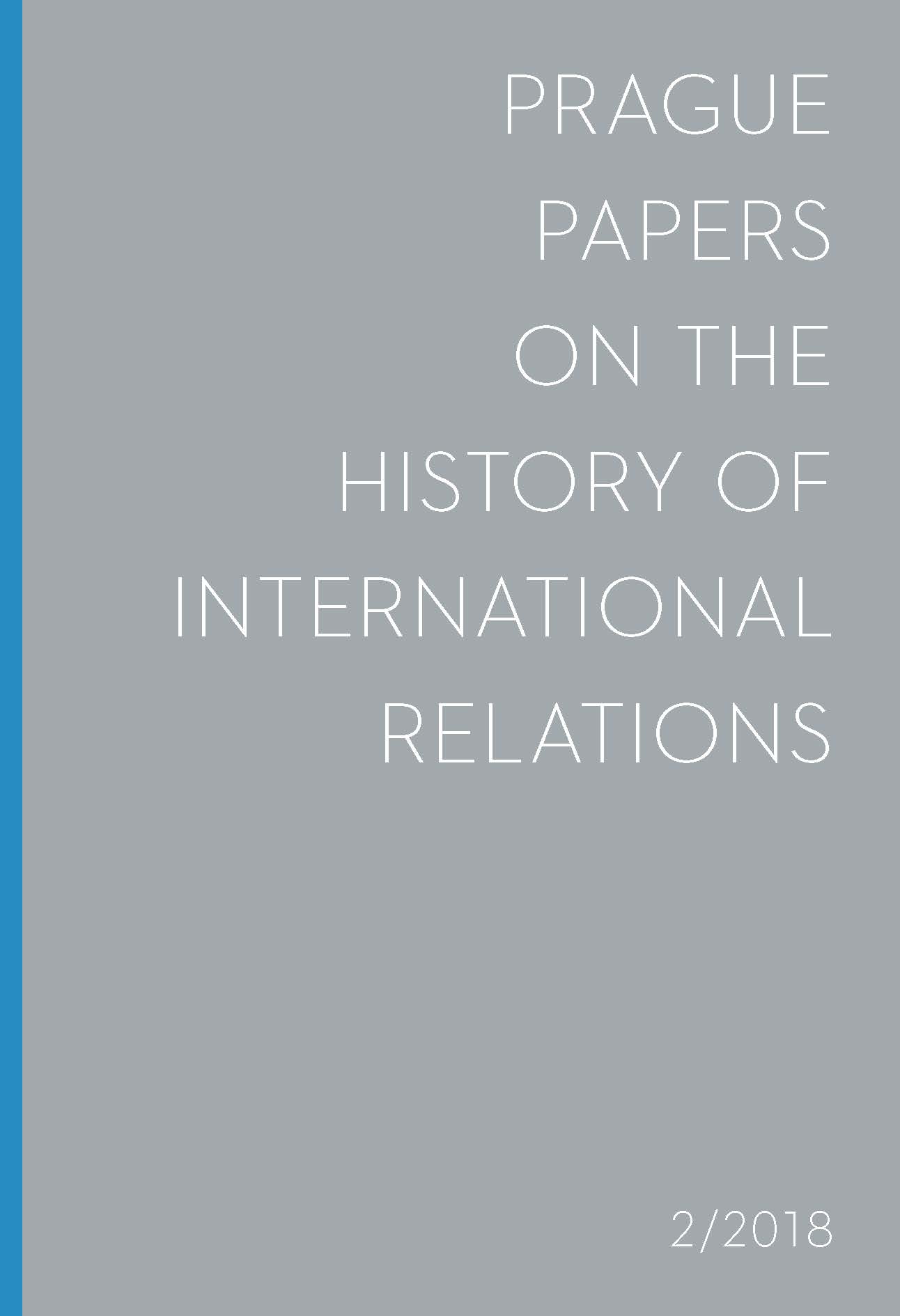
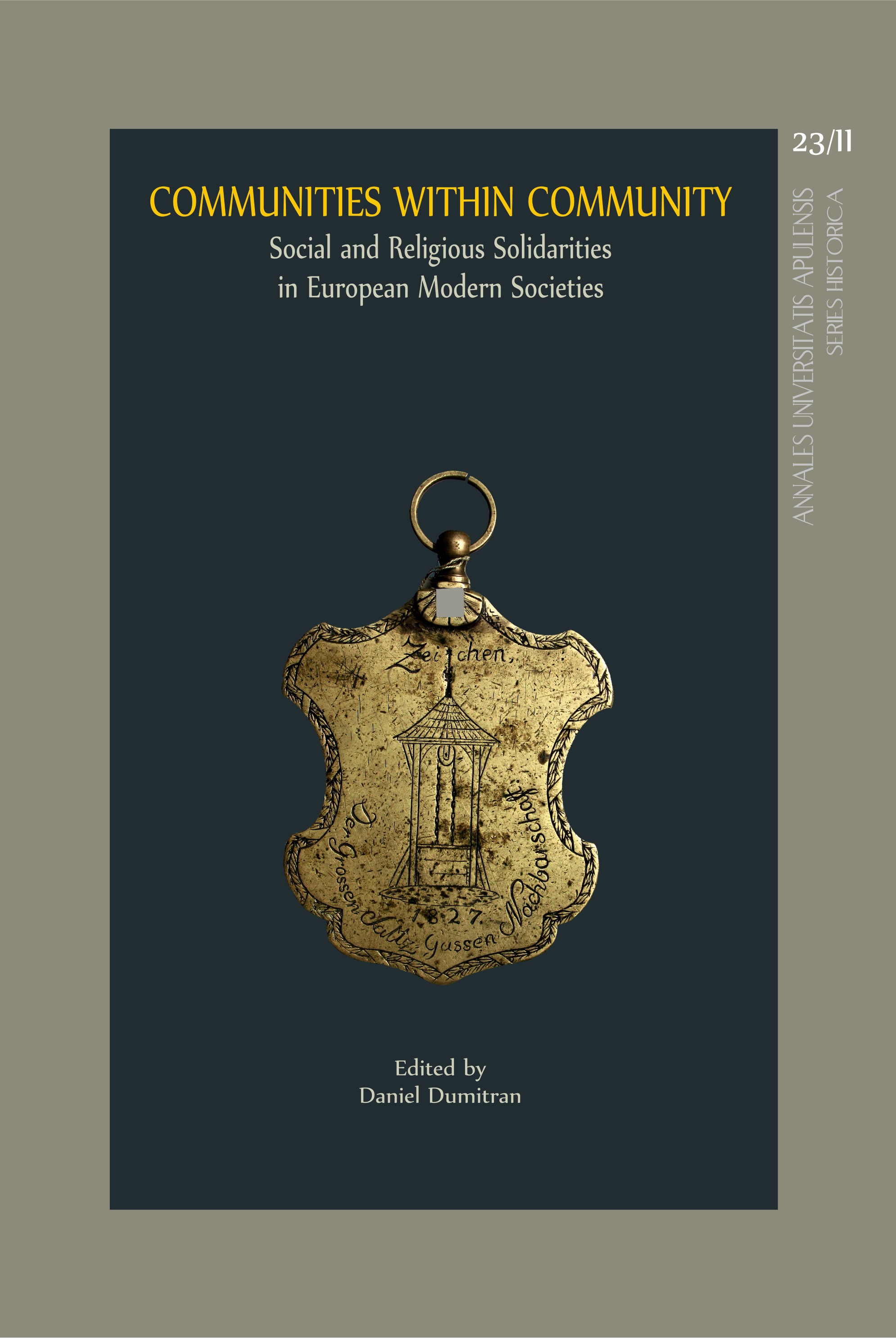
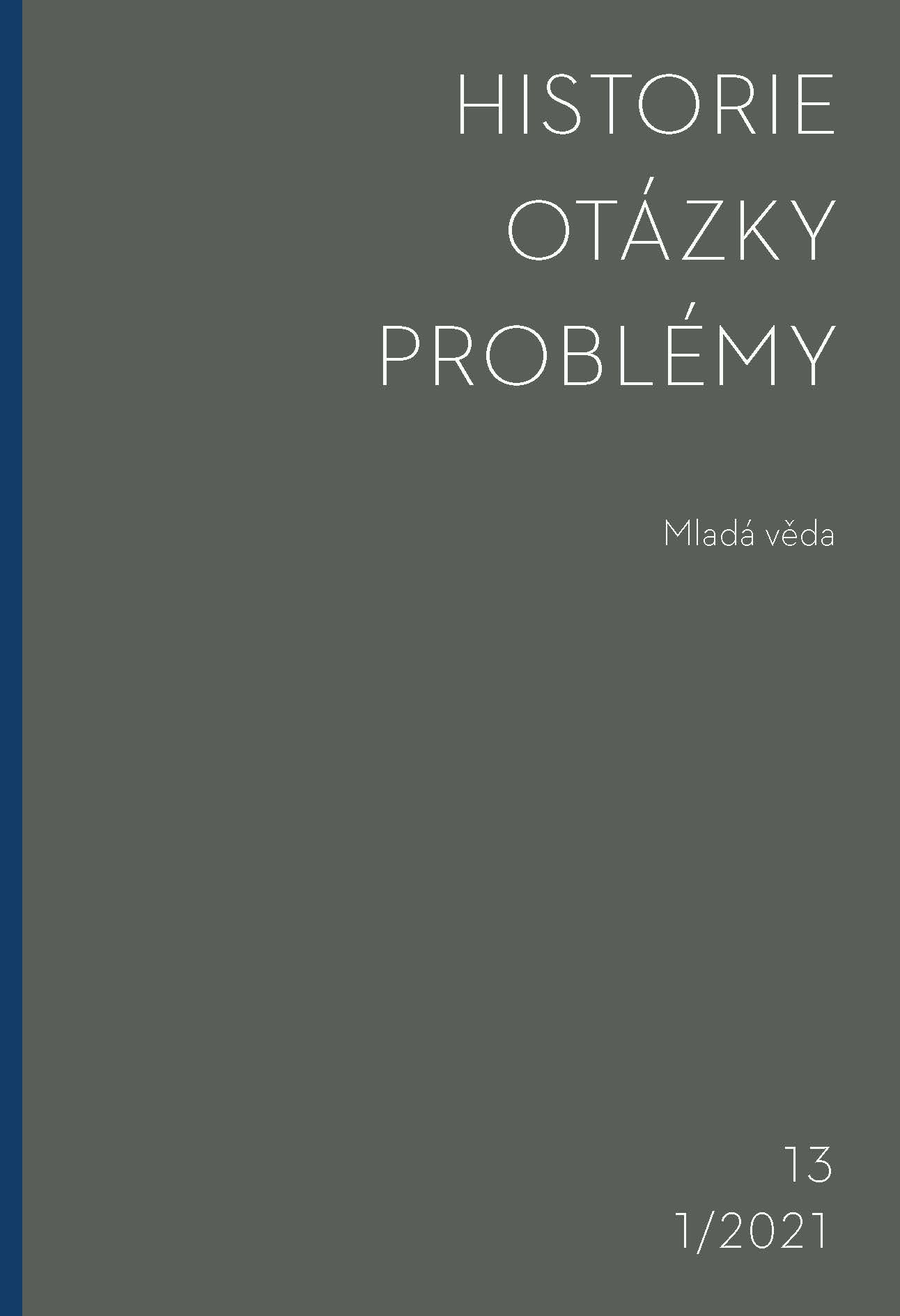
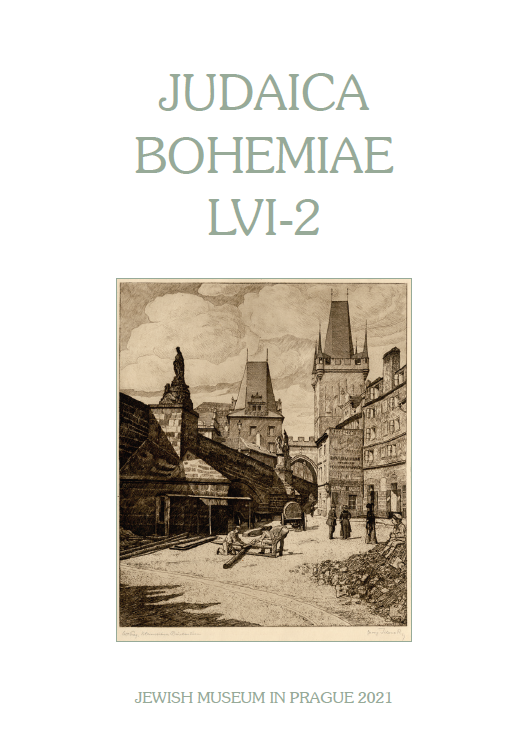
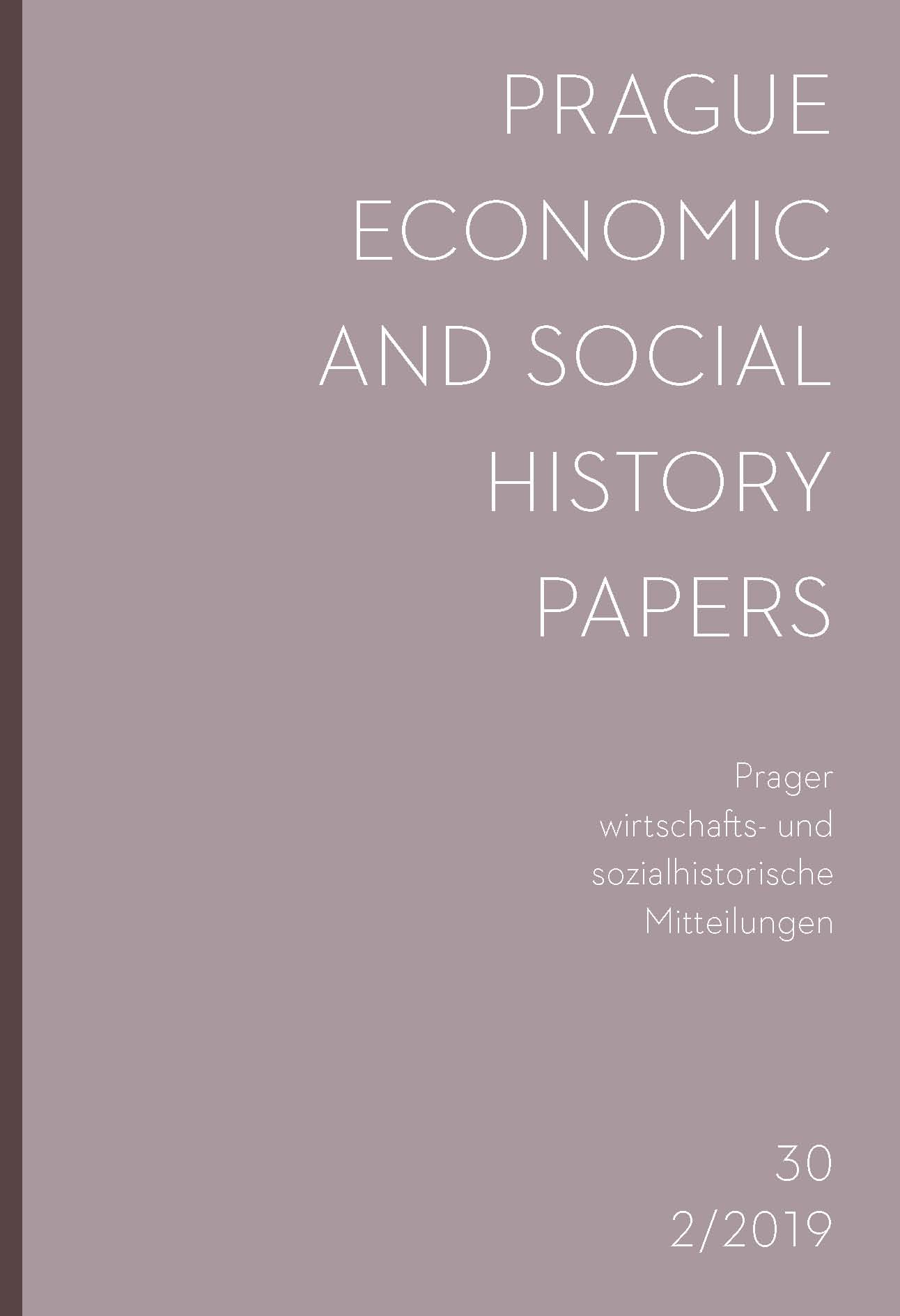
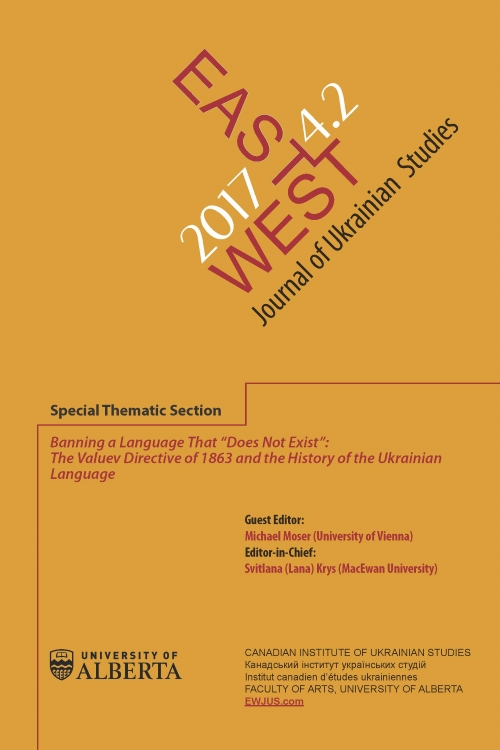
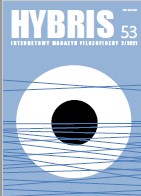
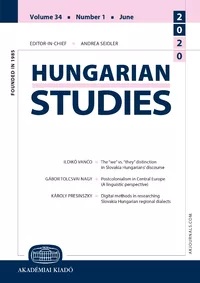
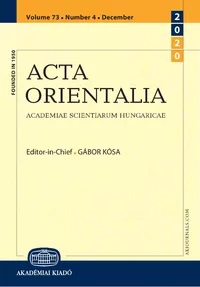
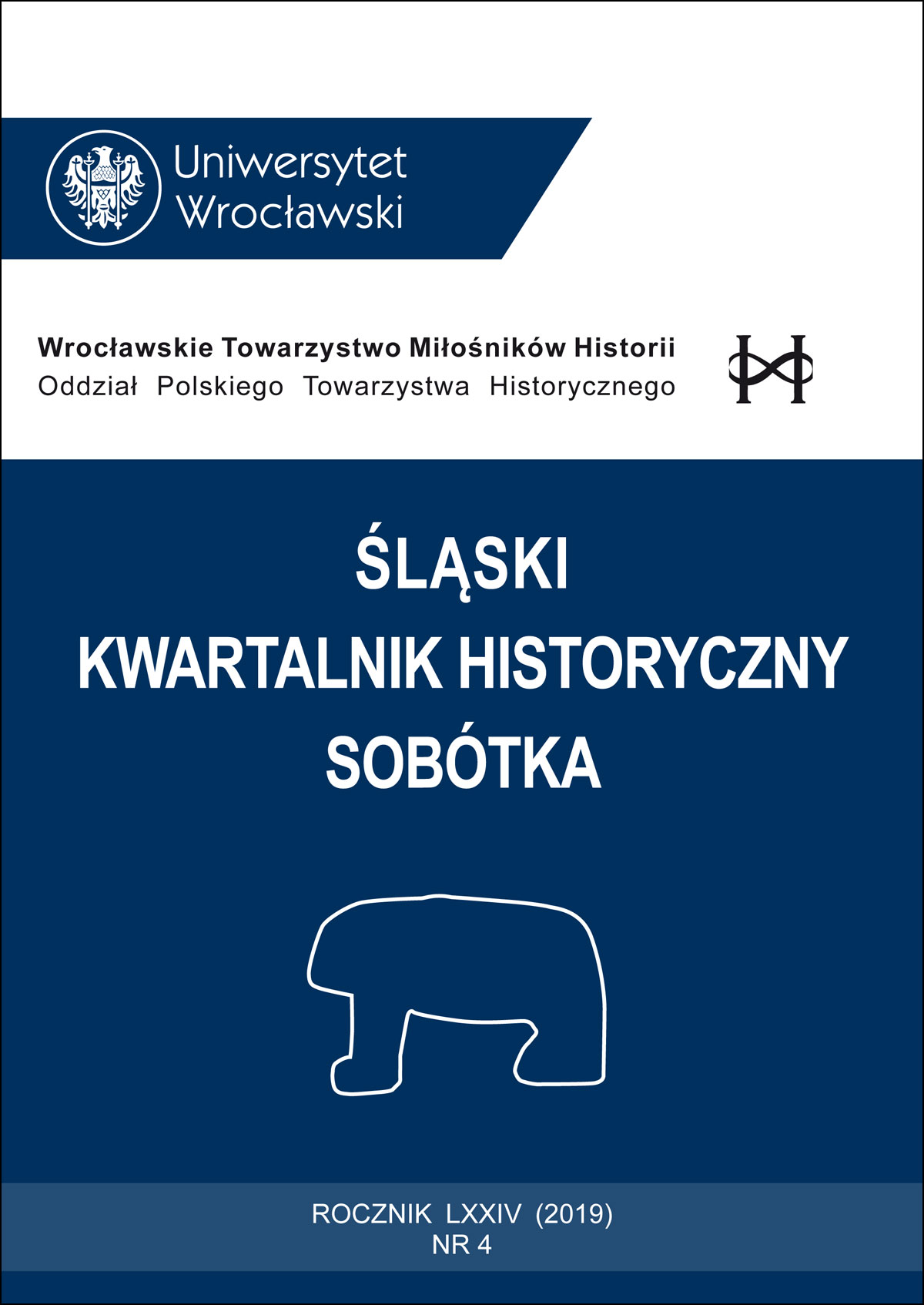
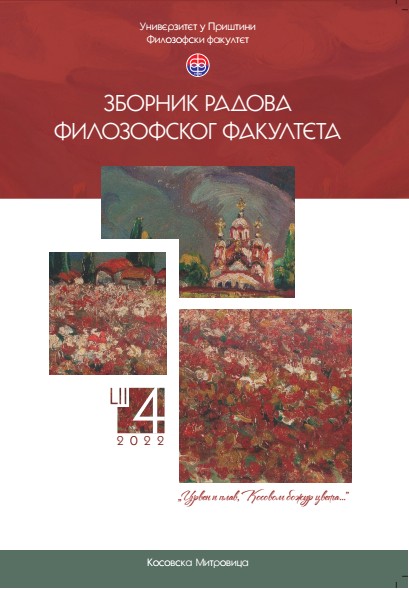
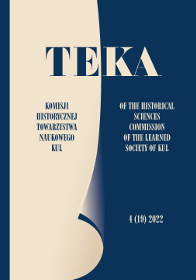
![GRULICH, JOSEF. MIGRAČNÍ STRATEGIE: MĚSTO, PŘEDMĚSTÍ A VESNICE NA PANSTVÍ ČESKÉ BUDĚJOVICE VE DRUHÉ POLOVINĚ 18. STOLETÍ [MIGRATION STRATEGIES: A TOWN, SUBURBS AND A VILLAGE IN THE ESTATE OF ČESKÉ BUDĚJOVICE IN THE SECOND HALF OF THE 18TH CENTURY]](/api/image/getissuecoverimage?id=picture_2022_70670.png)
